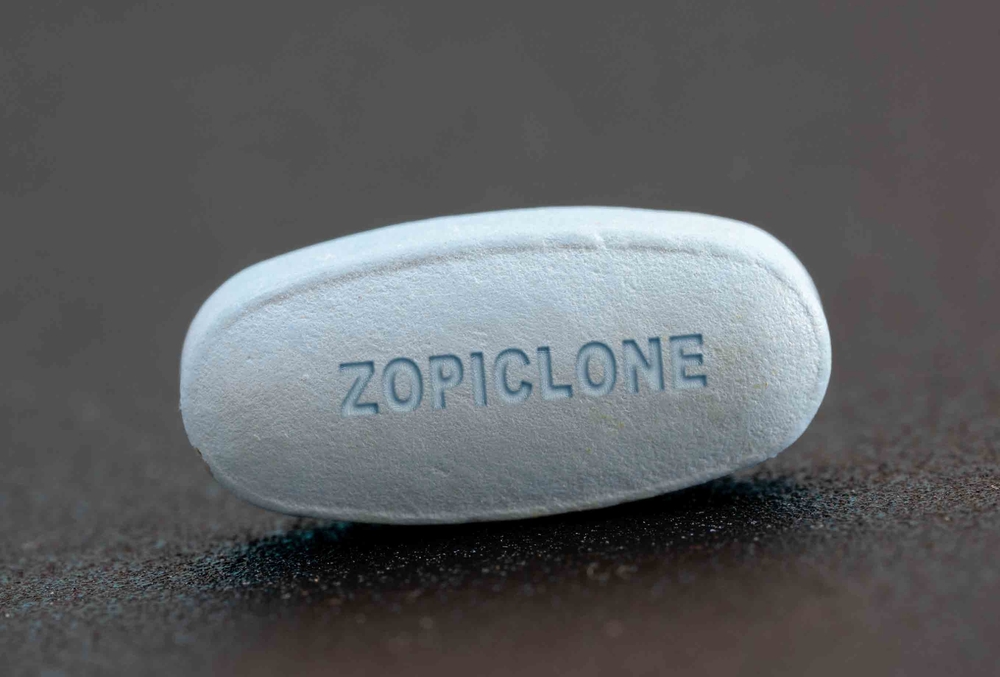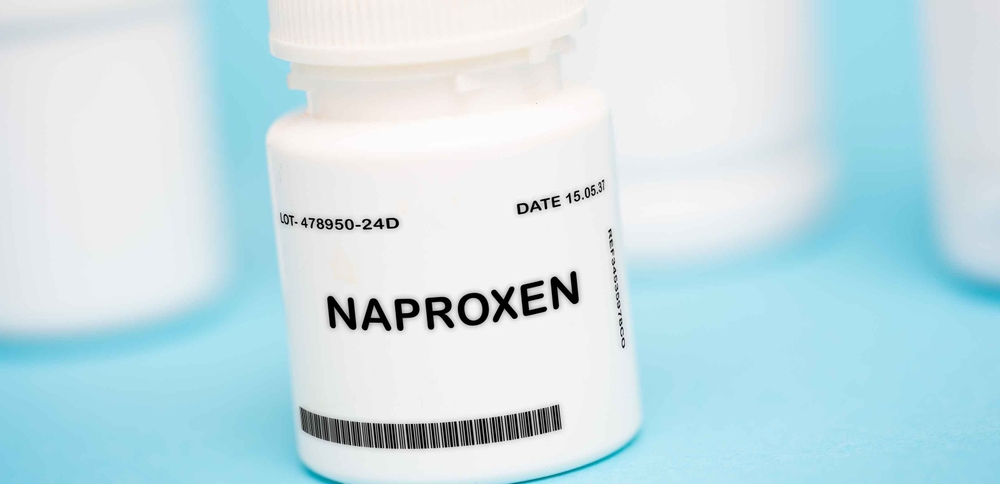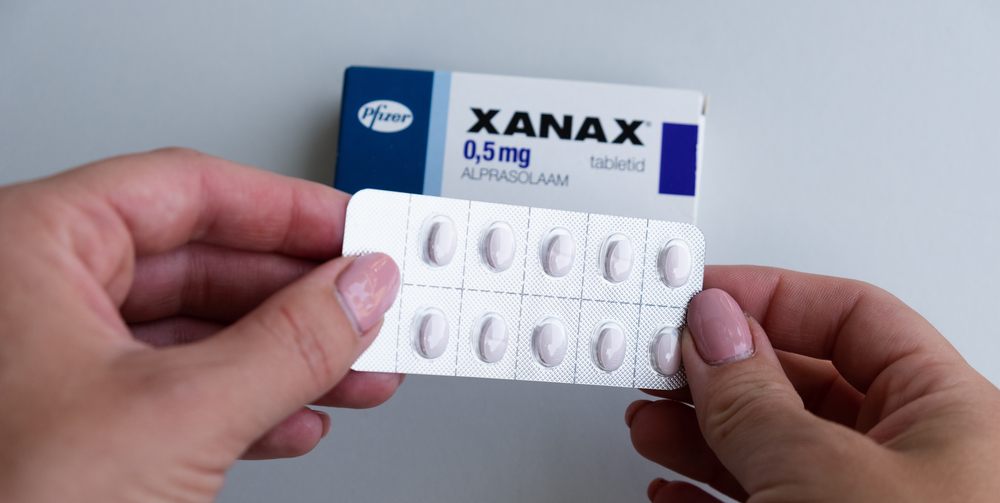Luton is grappling with a significant drug problem that is evidenced by a rise in drug-related deaths and hospital admissions. We shed light on the repercussions of reduced substance misuse services funding and highlight various recovery and educational efforts underway.
Key Takeaways
Luton has seen a concerning uptick in drug-related incidents, including a rise in drug poisoning deaths, suggesting a significant challenge with substance dependency in the community.
Due to budget reductions, Luton’s funding for drug and alcohol treatment services has decreased by £1.9 million, impacting their availability. Nevertheless, organisations like ResoLUTiONs and Stepping Stones Luton remain steadfast in providing essential support.
Educational initiatives and preventative strategies are integral to Luton’s approach to curbing substance abuse. This includes engaging school programs and workshops by the Recovery College focused on mental health and well-being.
Evaluating Luton's Drug Challenge

In the last decade, Luton has seen a significant surge in drug-related deaths, reflecting a broader national trend but at a higher growth rate. The town has experienced a staggering rise in drug poisoning deaths. This alarming increase, no doubt, is a wake-up call to the severity of the drug addiction problem in our town, which necessitates robust alcohol and drug rehab initiatives.
Budget Cuts and Their Impact on Luton's Substance Misuse Services
Budget cuts have added another level of complexity to Luton’s own drug and alcohol challenge. Over the past decade, the Luton Borough Council has reduced its drug and alcohol treatment budgets by £1.9 million. This reduction has inevitably impacted the availability of resources for substance misuse services, raising concerns about the accessibility of rehab in Luton, especially for the most vulnerable members of our community.
Current Drug and Alcohol Treatment Initiatives in the Town
Despite the funding cuts, many organizations are working tirelessly to provide help and support to those struggling with substance misuse in Luton. One of the key players in this field is ResoLUTiONs. Actively supporting around 1,200 individuals, ResoLUTiONs offers a tailored approach to recovery, assisting clients in setting goals and changing substance use habits. Group therapy is recognized as a pivotal point in their recovery journey.
Other organizations like Walk to Freedom and Stepping Stones Luton also contribute significantly to the treatment landscape. Walk to Freedom offers programs for various demographics while Stepping Stones Luton provides dedicated services for women affected by substance misuse. These organizations play a crucial role in providing tailored, compassionate support to individuals on their journey towards recovery.
The UK government’s drug strategy for 2021 allocated a significant amount of funds specifically for additional treatment and recovery services. This funding offers a glimmer of hope, promising improved access to substance abuse treatment and a brighter future for those battling addiction.
The Reality of Drug Poisoning Rates
While Luton’s drug-related death rate is lower than the national average, the town has seen a significant increase in drug poisoning deaths in recent years. Between 2018 and 2020, the age-standardised mortality rate in Luton for drug-related deaths was 5.1 per 100,000 people, which is lower than the rate for England, which was 7.6 per 100,000 people. However, the number of drug-related deaths in Luton in 2021 rose to 21, up from 16 in 2020 and significantly higher than the six deaths reported in the previous year.
It’s important to note that socioeconomic factors play a considerable role in drug misuse. In the most deprived areas of England, drug-related death rates are approximately five-and-a-half times higher than in the least deprived areas. This underscores the need for community-wide efforts to address the root causes of drug misuse and promote a healthier, safer environment for everyone.
Substance Abuse Amongst Young People in Luton

Substance abuse among young people in Luton is a growing concern for local authorities. From 2018 to 2020, there was a 131% rise in drug poisoning hospitalisations for 15-24-year-olds. This sharp increase paints a worrisome picture of the extent of the drug problem among young individuals in our community.
Substance misuse, including alcohol abuse, at a young age can significantly impact physical health, educational development, and overall well-being, with risks that can extend into causing mental and behavioural disorders. To combat this, Luton provides specialist services such as Aquarius for substance misuse issues in children. These services offer evidence-based support, including a whole family approach, which can be reached through various referral channels.
However, there’s still more that can be done. Despite the importance of drug education, many Luton high schools have yet to formalize their approach to this critical issue. Establishing comprehensive drug education policies and appointing dedicated coordinators could significantly enhance the planning and execution of effective drug prevention programs within these educational institutions.
Local Efforts to Combat Drug Addiction
In the face of these challenges, the local community in Luton is stepping up to combat drug addiction. Initiatives such as The Bridge Project offer voluntary and paid work opportunities. This approach serves as a form of therapeutic engagement and recovery support for individuals recuperating from drug and alcohol treatment.
ResoLUTiONs, for instance, offers a tailored support framework for adults struggling with alcohol and drug use in Luton, which includes setting personal recovery goals. Moreover, Walk to Freedom extends its substance misuse programs to a broad demographic to address various needs within the community, including family support. These initiatives reflect the community’s commitment to helping those struggling with addiction and fostering a supportive environment conducive to recovery.
Access to Alcohol and Drug Rehab Centres

Luton offers various rehab centres, each equipped to provide a tailored treatment program that addresses the physical, mental, and emotional aspects of addiction. These centres, such as ourselves, PCP Luton, offer inpatient treatment and outpatient rehab, as well as:
Programs with group and individual therapy
Supervised detox
Residential medical detox to ease withdrawal symptoms
These addiction treatment programs, including inpatient rehab, are designed to support recovery by addressing the different facets of addiction. the Alcoholicsrehab centres employ an evidence-based, holistic approach, focusing on the well-being of clients throughout their recovery journey. In addition to core treatments, the rehabilitation centre offers exceptional training programs to help reintroduce day-to-day self-care for residents.
Long-term sobriety is a crucial goal of these centres. To this end, aftercare support, which is vital for maintaining sobriety, is provided for up to a year at rehab centres and facilities like PCP Luton. These centres emphasize creating a secure and substance-free environment for clients post-treatment, ensuring a supportive setting for individuals on their path to recovery.
Free Services and Community Support Groups
Beyond the rehab centres, free alcohol addiction support groups and alcohol rehab services are available in Luton. The SMART Recovery program, for instance, offers tools for developing better-coping strategies and empowers individuals to believe in their recovery. These services provide practical meetings and a range of tools to manage drinking and set clear goals for sobriety.
There are also services like CGL Resolutions Luton, which provides free and confidential advice and tailored support for adults struggling with alcohol and/or drug use. Additionally, Stepping Stones Luton offers free services for women affected by abuse, substance misuse, offending, or mental health issues. These free services and community support groups are crucial in providing additional support and guidance for individuals and families seeking to change their lives.
Prevention and Education Measures in Luton
Prevention and education are vital components in the fight against substance abuse. Luton Borough Council is actively working to implement the Government’s 10-year drug strategy, which encompasses prevention, early intervention, and bolstered access to structured treatment and rehabilitation.
Schools in Luton employ interactive methods to teach students life skills critical for drug prevention. They engage with Local Education Authority advisors and Health Promotion Agency specialists to enhance these efforts. Additionally, The Recovery College contributes to prevention and education measures by offering courses and workshops on mental health, well-being, and recovery.
These initiatives reflect Luton’s commitment to tackling substance misuse from the roots, empowering individuals with the knowledge and tools to prevent addiction.
Summary
Luton’s battle against substance abuse is a complex one, marked by rising drug poisoning rates, budget cuts to the local authority, impacting substance misuse services, and a concerning increase in substance abuse among young people. However, the town is not standing idly by. From robust treatment initiatives to community efforts to reduce stigma, from access to various rehab centres to free services and support groups, Luton is resilient and determined to combat this issue.
The journey is far from over, and challenges remain. But with continued efforts in prevention, education, treatment, and community support, there is hope. The community’s collective will can turn the tide, leading to a healthier, safer Luton. Let’s stand together on this journey because we can make a difference.
Zopiclone Addiction and Dependence
Zopiclone can cause physical dependence and, in some cases, addiction, particularly when used beyond short-term prescribing guidance or at higher doses than recommended. This applies whether someone has been prescribed zopiclone by their GP or is taking it without medical supervision. Most people who are prescribed zopiclone for short-term use will not develop addiction. UK…
Dopamine Addiction Symptoms: Understanding Reward-Driven Behaviour
The term “dopamine addiction” is thrown around online, in self-help content and social media—but it’s not a medical diagnosis in the UK. When people use this term, they’re usually describing compulsive, reward-seeking patterns of behaviour that feel hard to control. To be clear from the start: dopamine itself is not addictive. It’s a naturally occurring…
Dangers of Benzos and Cocaine UK: Risks, Overdose Signs & Help
Combining benzos and cocaine UK is becoming increasingly common in the UK. Many people underestimate the risks of mixing benzos and cocaine, and for some, it is too late to realise the consequences. Heart attacks are a leading cause of death among cocaine users, highlighting the severe health risks associated with its use. Understanding how…
Alcohol Addiction and Anxiety
If you suffer from anxiety, you’ll know the constant feeling of being on edge, and even on calmer days, those butterflies in your stomach still come out to play. At times, the only way to quiet the overwhelming surge of panic can feel like turning to something that offers an immediate fix to an immediate…
Naproxen and Alcohol: The Dangers and Side Effects
Are you thinking of mixing naproxen and alcohol? It may seem harmless, but it’s very risky. This article will cover the risks and how to use naproxen with alcohol responsibly. Quick Facts Mixing naproxen and alcohol can be dangerous and lead to gastrointestinal bleeding and liver damage. There are significant health risks and an increased…
Practical Guide to Life After Rehab: Rebuilding After Alcohol Treatment
Completing alcohol rehab is a significant turning point, but it is not the end of the journey. Addiction is a chronic relapsing brain disease and a life-threatening incurable condition, which means recovery is an ongoing process that requires active management and support. For many people, the real work begins when life after alcohol rehab resumes…
MDMA Comedown: Symptoms, Timeline, Risks and Harm Reduction
What is an MDMA Comedown? An MDMA comedown is the period of low mood, fatigue and other unpleasant symptoms that can follow after the drug leaves your system and its effects wear off. It’s important to understand that this varies enormously between individuals and even between different occasions of use. Some people notice only mild…
Xanax Addiction UK: Signs, Risks, Withdrawal, & Treatment
Xanax Addiction UK occurs when the rapid-acting benzodiazepine leads to dependence, even after short-term use for anxiety or sleep difficulties. Xanax is one of the most widely prescribed benzodiazepines for anxiety and panic disorders, and is the most commonly prescribed psychotropic medication in the United States. Stopping Xanax without medical supervision can cause impaired coordination…
Heroin Withdrawal vs Methadone Withdrawal: Clinical Comparison
Both heroin and methadone are opioids that act on the same receptors in the brain, but they work differently and last longer in the body. When someone who is dependent on either of these substances stops or reduces their use, opioid withdrawal occurs. Understanding the clinical differences between heroin withdrawal and methadone withdrawal is important…
Relapse Dreams: What They Really Mean for Your Recovery
Relapse dreams are vivid dreams where someone in recovery dreams about drinking alcohol or using drugs again. These dreams can feel very real and often leave people feeling shaken, guilty, or confused upon waking. Relapse dreams are common in addiction recovery and usually reflect the brain’s healing process, not a sign you’ll relapse or secretly…
Alcohol Detox at Home: Understanding the Risks and Why Medical Support Matters
If you’re thinking about stopping drinking, it’s important to know that alcohol withdrawal can be dangerous without medical support. Most people are safer detoxing under the care of a GP or specialist alcohol service, where symptoms can be monitored and treated quickly if they worsen. This article examines the medical realities of alcohol detox at…
Dangers of Ketamine: Evidence About Its Risks and Long-Term Effects
Ketamine use carries several health risks, including dissociation, which can cause a sense of detachment from the external world, impaired coordination, bladder damage, and cognitive impairment. While ketamine is considered safe when used in medical settings, recreational or uncontrolled use can result in severe and sometimes irreversible health complications, including the risk of irreversible psychological…

















